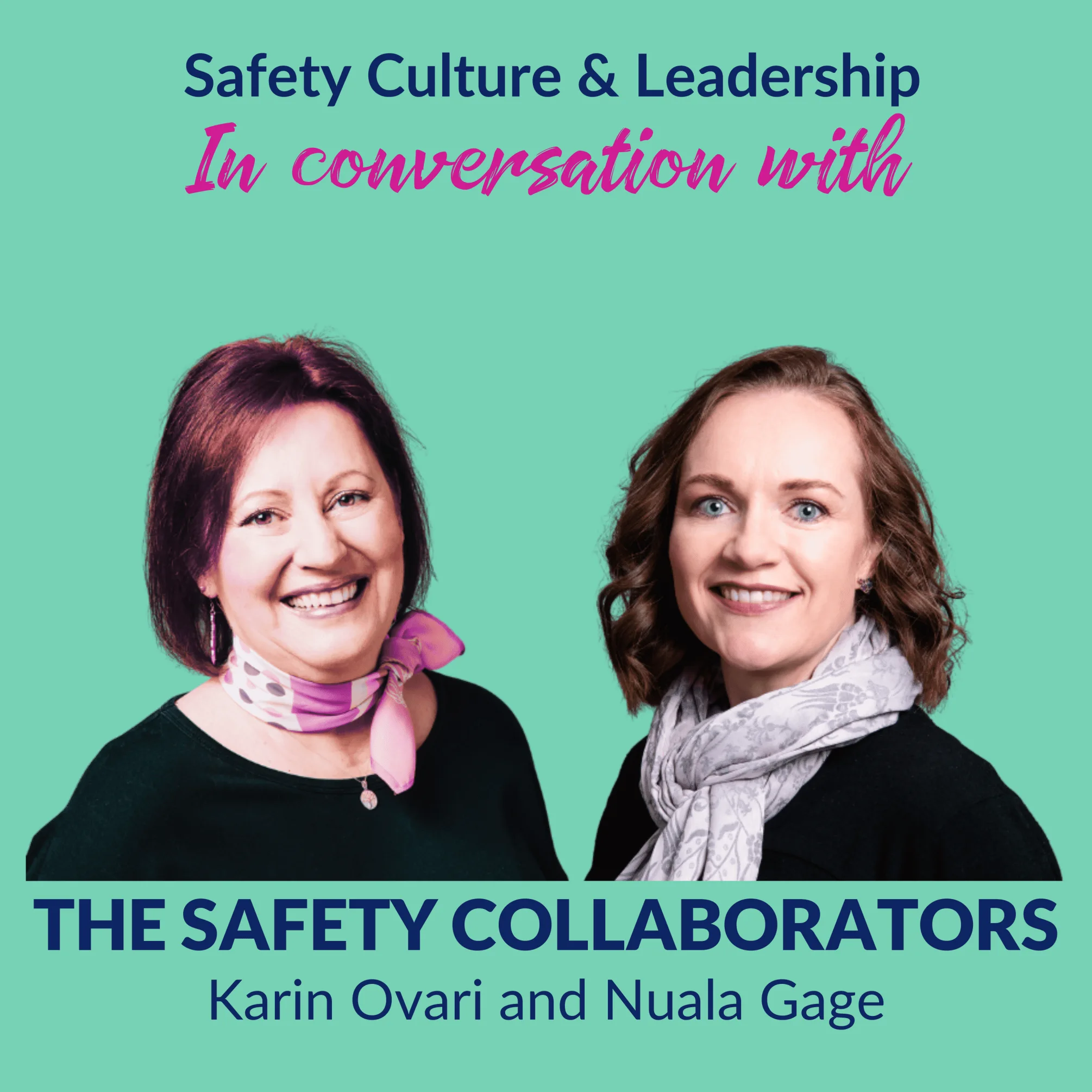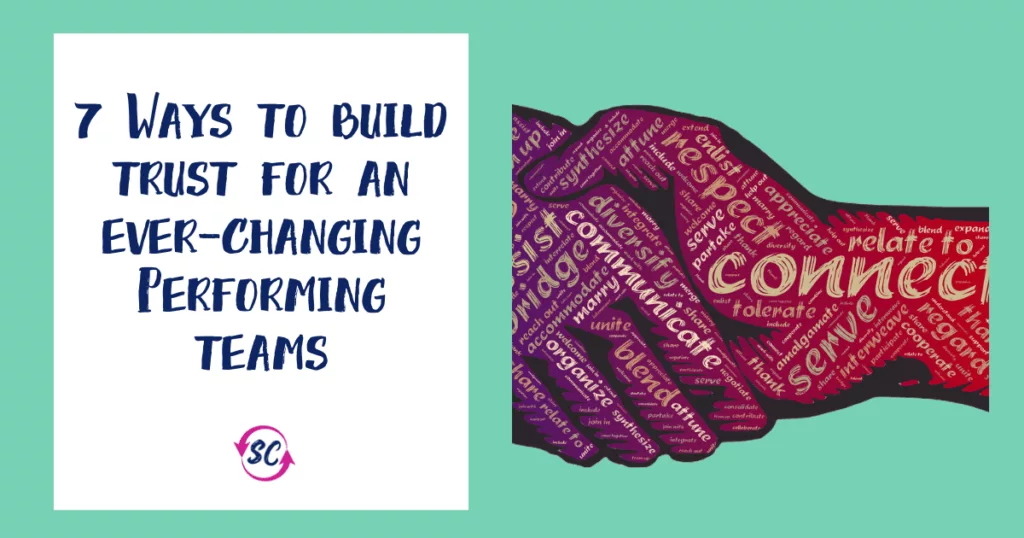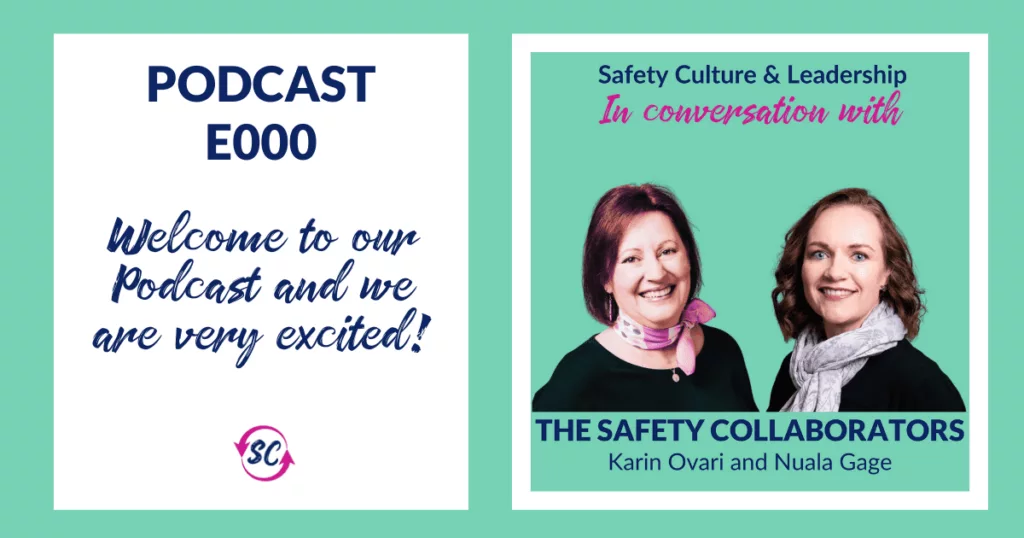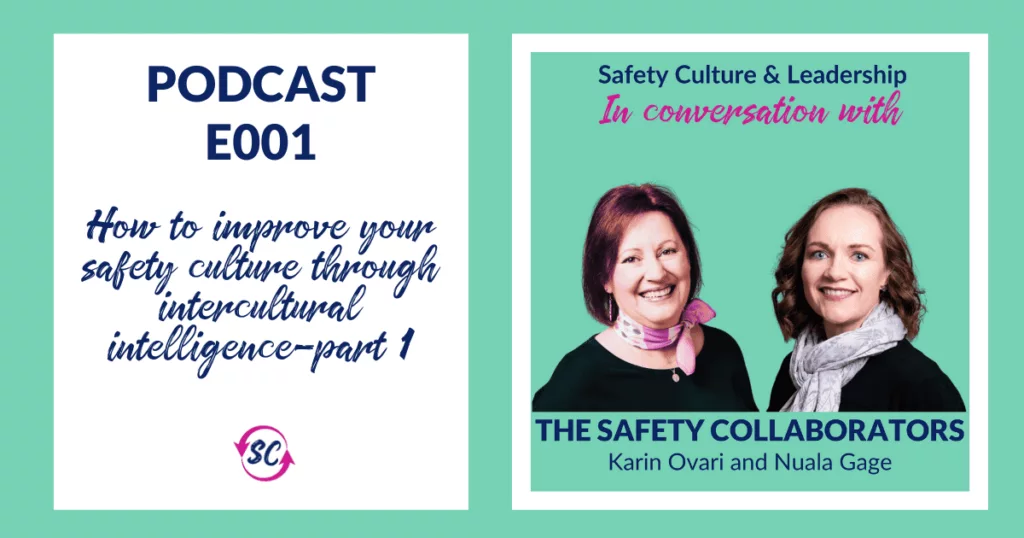What is common sense anyway, and how do you spot it?

Episode 008
Aug 28, 2022
Subscribe today
In this episode...
Today we discuss What is Common Sense?
One gentler descriptor during our research was 'Common sense is a sound, practical judgment usually developed through life experience rather than any formal training.
Here is another description 'Your common sense is your natural ability to make good judgments and to behave in a practical and sensible way'. And you might hear terms from other people like 'use your common sense or 'you know, that person always has common sense'.
Developing Common Sense can seem like a tricky thing. But you can easily practice using common sense by being more aware and reflecting on situations before you make decisions.
The problem is that we make assumptions about what is common sense or the other person's level of common sense. So we make a lot of assumptions about what is common sense.
Just think how much time, effort and energy is wasted, assuming that what we ask is common sense to the person we're asking it to.
A few years ago, Nuala attended a presentation on common sense, and she had never forgotten the speaker's words when he said,
Common sense is only common when there is an agreed understanding that makes sense to everyone involved.
We have adopted this stance.
The question to you, our listeners and both of us is how do we have the conversation upfront to get an agreed understanding?
And maybe it takes a bit of buy-in, a bit of debate, a bit of giving up some of my opinions and a bit of you giving up some of yours, maybe learning from you or vice versa so that we come out with an agreed understanding and move forward so that it makes sense to everyone.
Consider when working in multicultural environments that what makes sense in one world or worldview doesn't always make any sense in another worldview. Therefore, what's common for one person and what's common for another person can be two completely different things.
And when we think of safety, we think of those complete misunderstandings, often misinterpretations and conflict unnecessarily, and the assumption that it is all just common sense. And the assumption that they would have done it the right way, the first time.
When we think of the words common sense, we can only base it on our past experience, but we're living it in the present to change the future.
Here are 8 tips that may help you understand Common Sense and how to spot it.
- Appreciate that people are different with come with a multitude of life experiences that may not match yours.
- Make time to have the conversation upfront to get a mutual understanding, which may dramatically reduce conversational waste further down the line.
- Check for jargon…develop agreed conversational rituals instead.
- Is there a WIFM? (What's In it For Me) more efficient, safer, prior experience, etc.
- Are you triggering the right response?
- Match the message to the person.
- Don't make assumptions.
- Always ask the question… Based on what? Is the assumption based on what you perceive as common sense?
Remember this one thing; Common sense is not as common as we assume… it is only common to your life experience and possibly those who have had a similar life experience to you… and when we forget this, it can lead to frustration and disappointment.
Let's explore today's emotional gem - disappointment.
Emotional Gem
We, humans, are emotional beings, and at the end of each session, our gift to you is an insight into an emotion.
Did you know that we have over 250 emotions? Yet, we only understand or talk about +/- 12. By exploring these, you may be surprised at what you learn.
Karin has been studying Emotional Literacy with Dan Newby, the founder of the School of Emotions and references emotional literacy regularly during her coaching conversations.
Today's Emotional Gem is... DISAPPOINTMENT
- Story: I expected something better
- Impulse: (what action does it trigger in us?) To look for the gap between my expectations and reality
- Purpose: Helps us align our expectations with reality
The emotion of disappointment arises when we realise that what we thought would happen and what is happening do not align. Often we think this disappointment means something is ‘wrong’ when a more useful interpretation might be that our expectations and reality are simply not aligned. Life is simply not behaving as I expected it to.
So when we assert that someone has no common sense, maybe it is because they have not met our interpretation of reality. So consider how we can help others to meet our expectations and align reality. Having a conversation might just be the answer and set agreed expectations.
Similar feeling emotions are Regret, Sadness, Dissatisfaction, Frustration, Resignation and Surprise.
Resources
We use the iPhone app Emote: Mastering Your Emotions to select the Emotional Gem for each episode. (this is a paid-for app)
To learn more about emotional literacy and access the app visit the School of Emotions
About the Show
Our purpose in sharing this podcast is to have a chinwag (conversation) to help people change how they think and behave about safety.
We do this by engaging in dialogue and testing the levels of trust and psychological safety, which are core to organisational culture. Making safety part of your DNA so that your people speak up, show up, do right, and become safer every day for yourself, your team, and your business.
We will explore topics related to organisational and safety culture, leadership, the language of risk, emotional literacy, psychological safety, conversational agility, intercultural intelligence, and whatever else pops up during our conversations—sharing our experiences and learnings.
We intend to share nuggets of wisdom that will challenge your perspectives, potentially solve a nagging problem, share actions you can implement, and give you at least one aha moment.
And, if you enjoyed the show and gained value, please share with just one other person to help spread the word.



